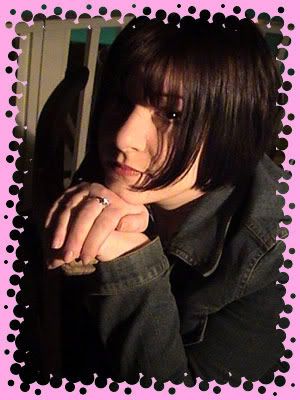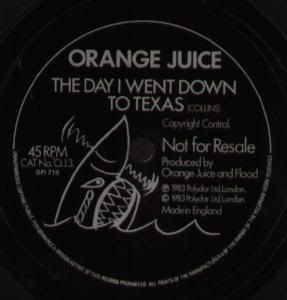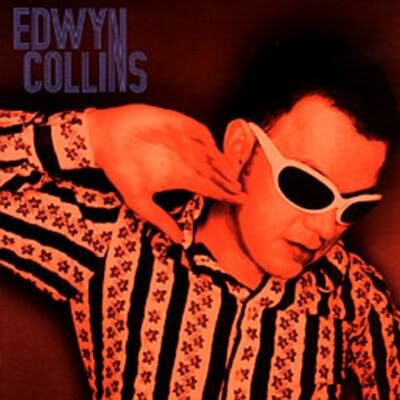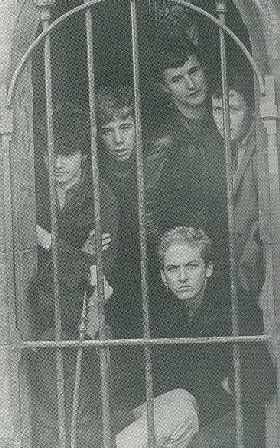 Linda Reid -- kid sister to The Jesus And Mary Chain's William and Jim Reid -- once confessed to being the black sheep of her family. All because she doesn't drink.
Linda Reid -- kid sister to The Jesus And Mary Chain's William and Jim Reid -- once confessed to being the black sheep of her family. All because she doesn't drink.Linda's stone cold sober forays into music-making came via her typically fully pissed older brothers. Jim asked her to record a B-side during the Stoned And Dethroned sessions. That song was "Mo Tucker," and it ended up finding its way onto Monki, the last album The Jesus And Mary Chain released before William left the group during a 1998 tour.
During the recording of the track, the drunks and temperate got along just swimmingly. So, would the little sister like to further her budding musical career and join her brothers for an entire LP? Why certainly. And just like that, Sister Vanilla was born.
The Reids brought along a few pals of theirs for the sessions: JAMC bassist Ben Lurie, members of Earl Brutus and Tompaulin. Oh, and Stephen Pastel, who just happened to be the frontman of Linda's favorite band. (The song "Pastel Blue," off Sister Vanilla's New Pop Art, is a tribute to the singer.)
Naturally, Stephen and Linda ended up cutting a song together: "The Two Of Us" (which Jim also recorded with his post-JAMC band Freeheat.) According to stories, the session was a tad awkward in the beginning, as the fan shyly fawned over her idol (meanwhile, Jim and his thirsty cohorts passed around a bottle of brandy). "When you're first introduced," Linda said afterwards, "it's like: I don't want to talk to you, I prefer just to look at you."
Hear it for yourself. Download: "The Two Of Us" by Sister Vanilla.


